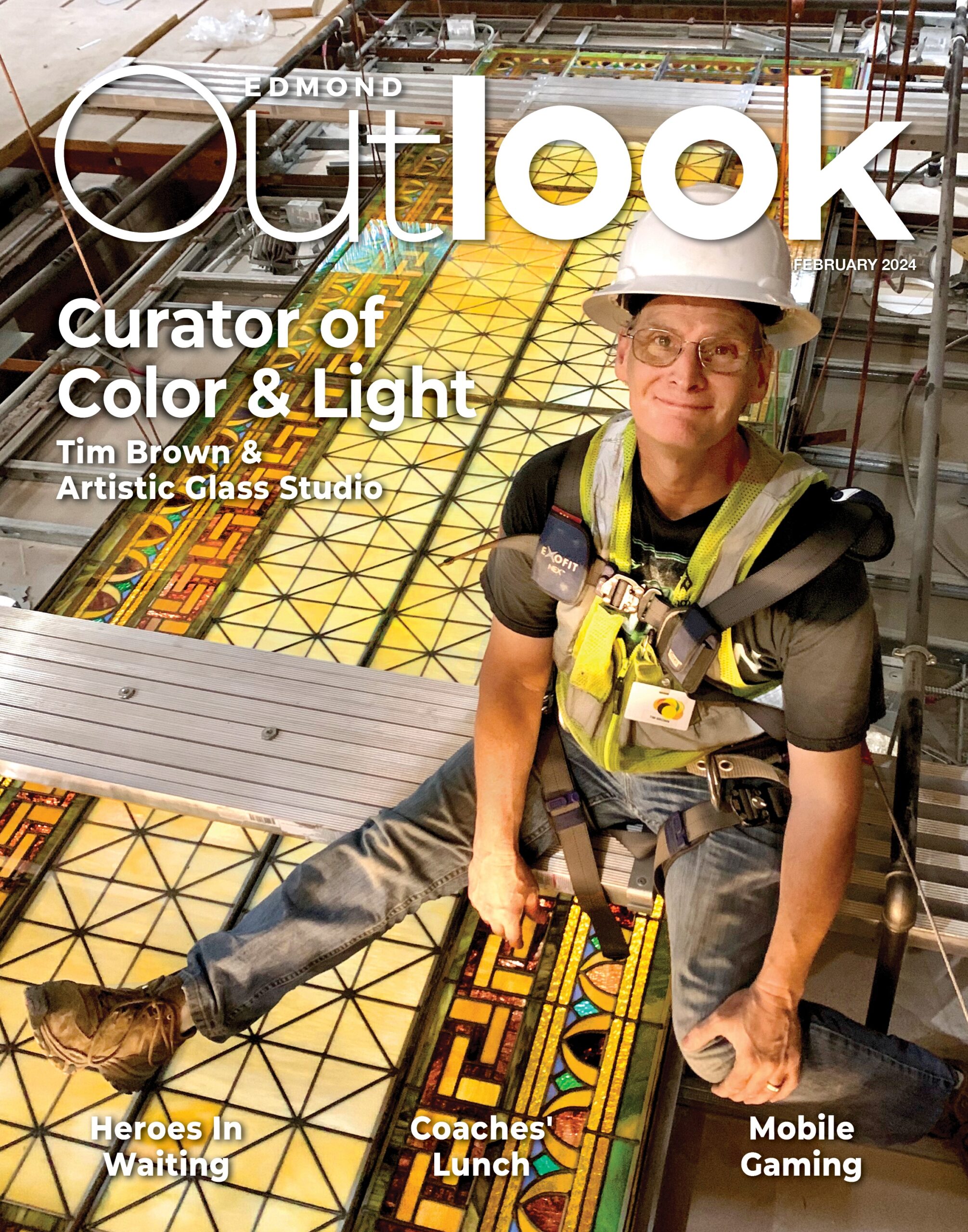Lifelong Learning
Although he was awarded U.S. Professor of the Year in 2008 and was most recently honored with the Central Excellence in Teaching award at the University of Central Oklahoma, Professor Wei R. Chen is less than impressed by his shiny plaques or achievements. Instead, he is driven to develop his students into lifelong learners.
Chen has always been passionate about math and science and received his Ph.D. in Theoretical Physics. Today, Dr. Chen works in the field of biomedical engineering conducting research in cancer treatment using laser immunotherapy, a method developed by his research group in Oklahoma. “My father was an engineer and my mother was a physician. I pursued Theoretical Physicals out of rebellion, but I ended up coming full circle and pursuing a career that is a combination of both my parent’s careers. I suppose it was fate!” he said.
Professor Chen has been teaching for over 20 years with 10 of those years here in Edmond at UCO. Acting as Assistant Dean of Mathematics and Science as well as professor of Engineering and Physics, UCO has given him the opportunity to teach and to research.
Chen knows his field of expertise is very important, especially today. “Technology relies heavily on math and science and we are becoming too devoted to it,” says Chen. He has made a personal commitment to educating his students about becoming less dependent. “Someday we may become so dependent on technology that we may no longer have the expertise to produce new inventions and discoveries. We need to further our development in math, science, and technology, or we will be left behind.”
Chen’s three part education strategy begins with always teaching based on your student’s abilities, according to their background, knowledge and skills. “It’s important to work individually with students. You can’t do the same thing with everyone,” he said.
His second strategy is to focus on “experimental learning” because according to Chen, hands-on experience is crucial to successful education. The third approach is an interdisciplinary approach to teaching and research.
“Advancements in science and technology have broken down the boundaries of different fields,” he said. “I convey to students that the learning process is as important as knowledge itself. I emphasize that college is the place to learn how to think and how to develop methods of approaching real-life problems,” he said.
Professor Chen’s desire to change people through lifelong education and to save lives through cancer treatment is what he credits for his years of success. He’s thrilled when he’s able to impact a student in a way that motivates them to become a valuable part of society, like becoming a doctor or scientist.
Sixteen years ago Chen started cancer treatment research. His team developed the new method, laser immunotherapy, for the treatment of metastatic tumors – the most deadly type of cancer, which can spread quickly to different sites of the body. They’ve conducted clinical trials treating late stage melanoma patients with promising results.
Chen considers Dr. Robert Norquest, a lifelong cancer researcher, as his most influential teacher. “He taught me everything I know about cancerous tumors. I started working with him sixteen years ago and he showed me everything from identifying tumor cells, to treating cancer in experimental rats,” said Chen. “He had the patience and communication skills to teach someone like me, with no experience, about cancer.”
Chen’s passion for teaching and research is evident in his everyday life. For research, he advises patience. “It always takes a long time to see the results of your work,” said Chen. If you want a quick return of your labor in research, you will surely be disappointed. Persistence is key.”
For teaching, he advises “the approach” rather than knowledge itself. “It is important to teach students how to think, how to learn, and how to become lifelong learners,” he said. “If we do our work right, students will develop the love for learning.”
“We, as professionals in education, have heavy burdens on our shoulders because what we do not only affects today’s students, but it will have a long-lasting impact on society for many years to come,” said Chen. He hopes to inspire instructors and educators to re-discover their passion for teaching. “There is a Chinese proverb that says, ‘If you plan for one year, plant rice. If you plan for 10 years, plant trees. If you plan for 100 years, educate mankind.’ I believe this best summarizes the importance of our profession.”


